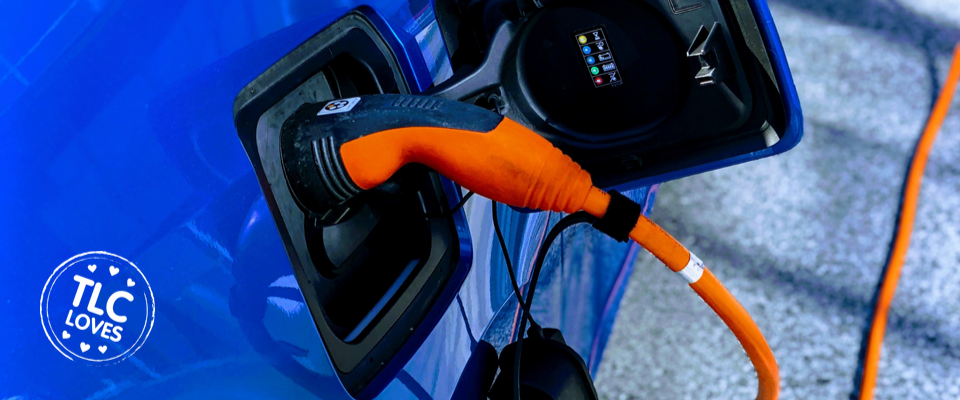TLC Loves… paying less tax on your company car
17th October 2019

One of the questions we’re asked most regularly by people running a limited company is whether they should buy a car privately or through the company. We updated our guidance on that in this blog last year, as there are lots of things to take into account.
However, a government announcement in the summer changed the landscape a little if you are in the market for a wholly-electric car, with confirmation that there will be no benefit-in-kind to pay on electric vehicles during 2020/21.
The 0% rate will also apply to company cars registered from April 6, 2020, with emissions from 1-50g/km and a pure electric mile range of 130 miles or more. Both will then increase to 1% in 2021/22 and 2% in 2022/23.
And for other vehicles registered from 6 April 2020, there will be a 2% reduction in the tax payable as benefit in kind from 2020/21. The rate then rises by 1% in 2021/22 and a further 1% in 22/23, when it will return to the previous rate.
In another boost, currently companies can claim up to £10,000 towards the cost of installing charging points through the Government’s Workplace Charging Scheme. From April 2020 employers also get some relief from National Insurance payments and can make use of 100 per cent first year investment write-downs on both vehicle and charging infrastructure – there will never be a better time to install charging points in company car parks.
What’s the catch with the new announcement?
The 0% benefit-in-kind rate only applies to electric vehicles during 2020/21. It rises to 1% the following year, and to 2% the year after. The Government says the lower rate is to encourage uptake of electric vehicles and the 2% rate is still substantially lower than for many other categories of vehicle.
Would an electric car suit you?
With recent improvements in battery life and more charging points popping up all over the UK, electric vehicles are slowly making their way into the mainstream.
According to AutoExpress the pros of electric vehicles are:
– Zero emissions while driving – although there are emissions associated with building, charging and finally scrapping a car
– Buying incentives – manufacturers are keen to get more people to adopt electric vehicles
– Low running costs – once purchased, you pay just for the energy to charge the battery
– Tax benefits – just given a boost by the UK Government
– Comfort – they make less noise and have more space in the cabin due to the location of batteries
– Acceleration – most electric vehicles have good torque, so are actually quite quick from a standing start
And they list the cons as:
– Charging points – the infrastructure needs to catch up with the Government’s ideals of adoption with the same number of charging points in London as there are in the rest of the country
– Charging time – planning ahead will get around this. Think of charging your car like charging your smart phone and do it overnight ahead of your journey
– Battery range – currently somewhere around 120-150 miles which is more than enough to get most people to and from work, but manufacturers are hoping to increase this to around 300 with the next generation of cars and batteries
– Purchase price – electric vehicles carry a premium to purchase (offset for many by the wiping out of fuel costs) but also depreciate pretty quickly in comparison to other cars
– Driving fun – a lack of gear box (and engine noise!) takes away some of the fun of driving if that’s what you like
What are the alternatives?
If a fully electric vehicle doesn’t sound right for you a hybrid might be the answer. With plug-in and self-charging versions available you still get some of the benefits of running on electric, while not needing to worry about the long drive to Cornwall for the family holiday.
Ultimately the decision about whether or not to buy an electric vehicle is a personal one, but with the Government’s push for ridding diesel cars from UK roads, we are likely to see many more on our roads in the coming years.
If you’re considering buying or leasing new cars for your business and want to understand the tax implications give one of the friendly team a call today on 01937 534505 and we can talk you through the details.

Add a Comment
You must be logged in to post a comment.